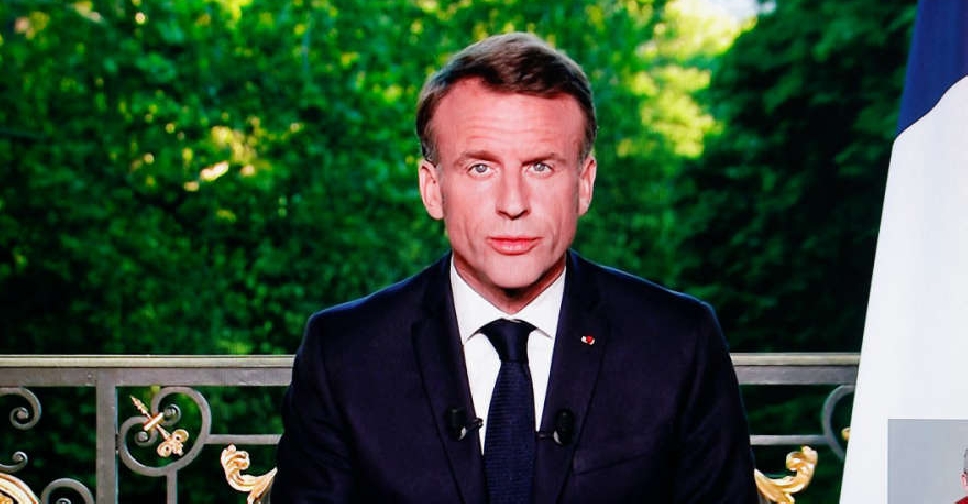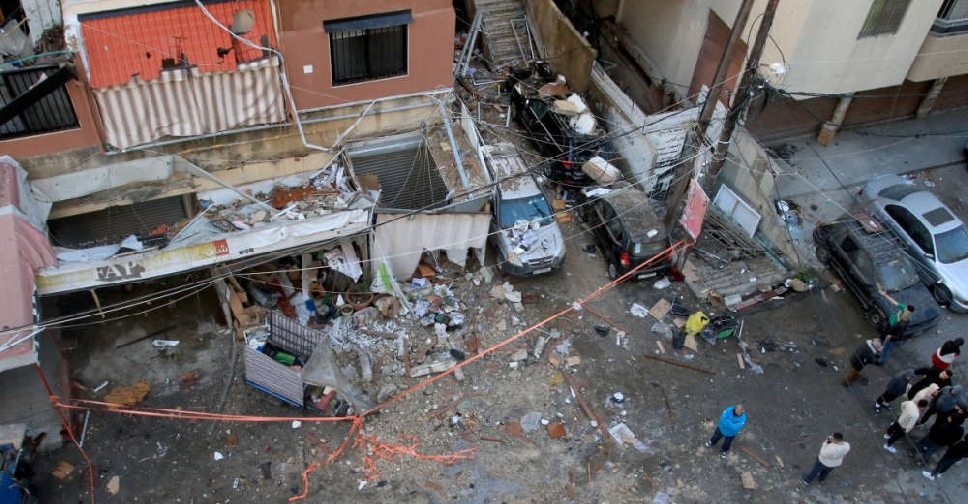
French President Emmanuel Macron rolled the dice on his political future calling snap legislative elections for later this month after he was trounced in the European Union vote by Marine Le Pen's far-right party.
Macron's shock decision set off a political earthquake in France, offering the far-right a shot at real political power after years on the sidelines and threatening to neuter his presidency three years before it ends.
If Le Pen's National Rally (RN) party wins a parliamentary majority, Macron would be left with little sway over domestic affairs.
Macron said the EU result was grim for his government, and one he could not ignore. In an address to the nation, less than two months before Paris hosts the Olympics, he said lower house elections would be called for June 30, with a second-round vote on July 7.
"This is an essential time for clarification," Macron said. "I have heard your message, your concerns and I will not leave them unanswered ... France needs a clear majority to act in serenity and harmony."
After Macron's announcement, a few hundred anti-far-right protesters gathered at Paris' Place de la Republique, waving flags for green and leftist groups and chanting against the RN.
Led by telegenic 28-year-old Jordan Bardella, the RN won about 32 per cent of the vote in Sunday's vote, more than double the Macron ticket's 15 per cent, according to exit polls. The Socialists came within a whisker of Macron, with 14 per cent.
Le Pen, widely seen as the frontrunner for the 2027 election in which Macron is unable to stand, welcomed his decision.
"We are ready to take over power if the French give us their trust in the upcoming national elections," she said at a rally.
Macron's Renaissance party currently has 169 lower house lawmakers, out of a total of 577. The RN has 88.
If the RN wins a majority, Macron would still direct defence and foreign policy, but would lose the power to set the domestic agenda, from economic policy to security.



 Trump fires National Security Agency director
Trump fires National Security Agency director
 Israel steps up Syria strikes, says Turkey aims for 'protectorate'
Israel steps up Syria strikes, says Turkey aims for 'protectorate'
 US sending Israel 20,000 assault rifles that Biden delayed
US sending Israel 20,000 assault rifles that Biden delayed
 Israel says it killed a Hamas commander in Lebanon
Israel says it killed a Hamas commander in Lebanon



